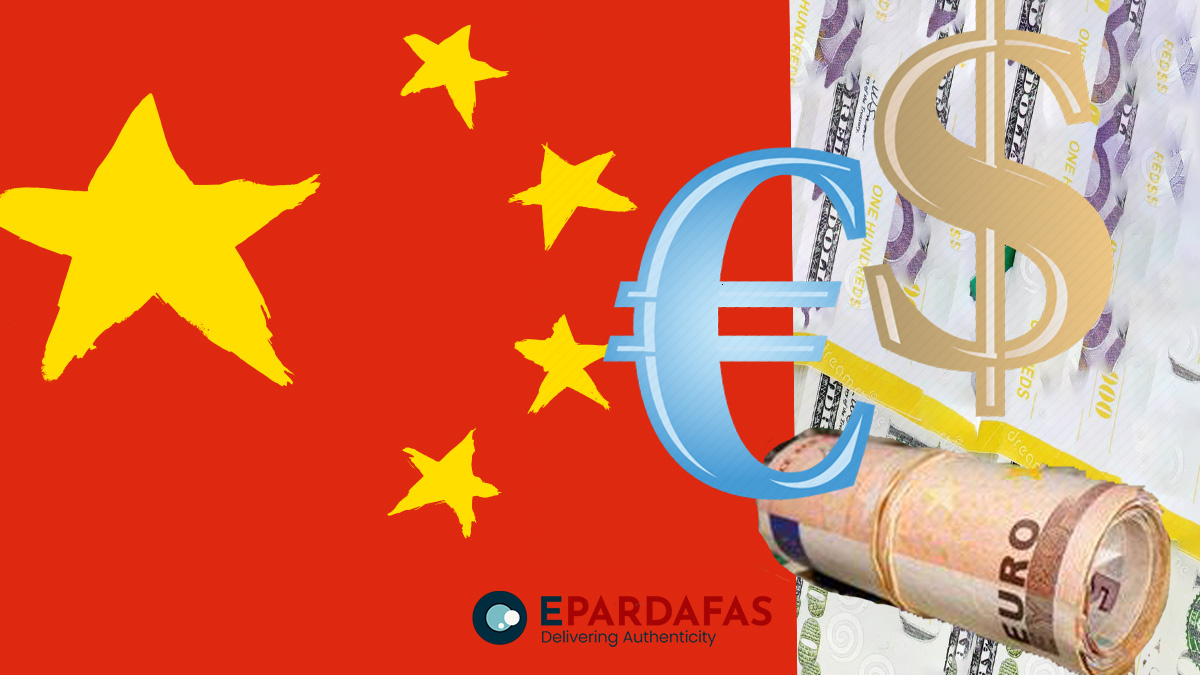
Declining FDI: Is China becoming less attractive for foreign investors?
China’s cup of economic woes seems to be now brimming beyond Beijing’s expectations. Foreign Direct Investment which started falling in the country from January this year, has not stopped from declining further. From January to June, China witnessed FDI falling by 2.7% to 703.65 billion yuan ($98 billion), the country’s Ministry of Commerce said.
A bad indicator of China’s economic health, the FDI’s increasing fall is being witnessed when the country is making all-out efforts to defy the US and European countries’ ‘de-risk’ call by trying to reposition itself as a dominant force in the global supply chain.
Following a very harsh zero-Covid policy, China brought all activities to standstill for close to three years and their impact on export and manufacturing sectors continues to be bearish even today. Several multinational companies with factories in China suffered huge damage.
For industries ranging from consumer goods to big tech—both supply and demand, damaged beyond repair. Due to shutdowns about 20% to 30% of all iPhone productions were affected, according to Ever stream Analytics, a firm that provides supply chain risk analysis. Last year, Apple had to temporarily reduce iPhone 14 production at its primary iPhone 14 Pro and iPhone 14 Pro Max assembly plant in Zhengzhou because of Covid-19 restrictions.
Even those companies which relied on China for supply of various components felt the brunt of the East Asian nation’s unforgiving lockdowns and restrictions imposed due to Covid-19. According to a Bloomberg News analysis, more than 180 companies around the world have mentioned terms including “China” and “lockdowns” in their first-quarter earnings in their financial statements. Bloomberg News further said it is a “significant jump” from fewer than 50 companies in the previous quarter.
In view of this, Western companies have taken cautious stands regarding investments in China even as local governments from Sichuan to Chaozhou and others, as per Reuters, have sent delegations across the world to lure potential investors to set up businesses in the East Asian country.
In July, a few days ago, Chinese embassies from Cairo to Washington organized roadshows to brief local business leaders about an upcoming event—the China International Supply Chain Expo which is scheduled to take place in Beijing on November 28, South China Morning Post said.
In spite of such moves, enthusiasm among foreign industry executives and lobbyists is missing on doing businesses in China. Reuters say foreign investors’ main grievances are that many local governments in the country “now offer far less attractive incentives” than they used to offer a decade ago, when companies could easily bargain subsidies or free land use and the regulatory environment was flexible.
Burdened by huge debt, China’s local governments are struggling to cope up with their drying coffers. Nikkei Asia quoting the country’s Finance Ministry data said local governments had 35 trillion yuan in outstanding on-the-books debt at the end of 2022. If debt held by local government financing vehicles (LGFVs) is added to it, then the total debt jumps to nearly 100 trillion yuan, or almost 80% of China’s nominal gross domestic product, said Nikkei Asia in its report on June 15.
Slump in the property market and plummeting tax revenue, on account of major tax cuts implemented in response to the economic stagnation caused by the government’s zero-Covid policy—are cited as playing a key role in piling up debts of the local governments in the country.
Analysts say tight economic situations could be the reason why local governments are not offering attractive incentives to investors and consequently, hesitations on their part in pumping in money in the Chinese market. Besides, the latest economic performance, especially in the second quarter of the year, is also a deterring factor for investors.
China’s GDP in the April-June period stood at 6.3%, though it was predicted to accelerate to 7.3%. Exports slumped to 8.3%; trade recorded weak growth and in June alone it fell about 6% while retail sales registered only 3.1% growth compared with May’s 12.7% surge, Reuters said.
In the meantime, a survey conducted by the European Chamber of Commerce in China last month said one in 10 firms had already moved or planned to move their Asia headquarters from China to Singapore or Malaysia.
The European Commission’s economic-security strategy and Germany’s China strategy—both released in June, also stressed on diversifying supply chains. Earlier in March, a survey conducted by the American Chamber of Commerce in China also expressed similar sentiments. A majority of 55% of surveyed members of the American Chamber no longer considered China as a top-three investment priority.
China’s counter-espionage law which has come into effect from July 1, is also discouraging European, American, Japanese, and South Korean companies from investing in China. They fear they would not be able to operate comfortably in the world’s second largest economy.
Given such developments, how China will be able to attract foreign investors to its shore is a challenge. Fast reshaping of supply chains in the world is, in fact, making China less attractive in the post Covid-19 phase.














Comments